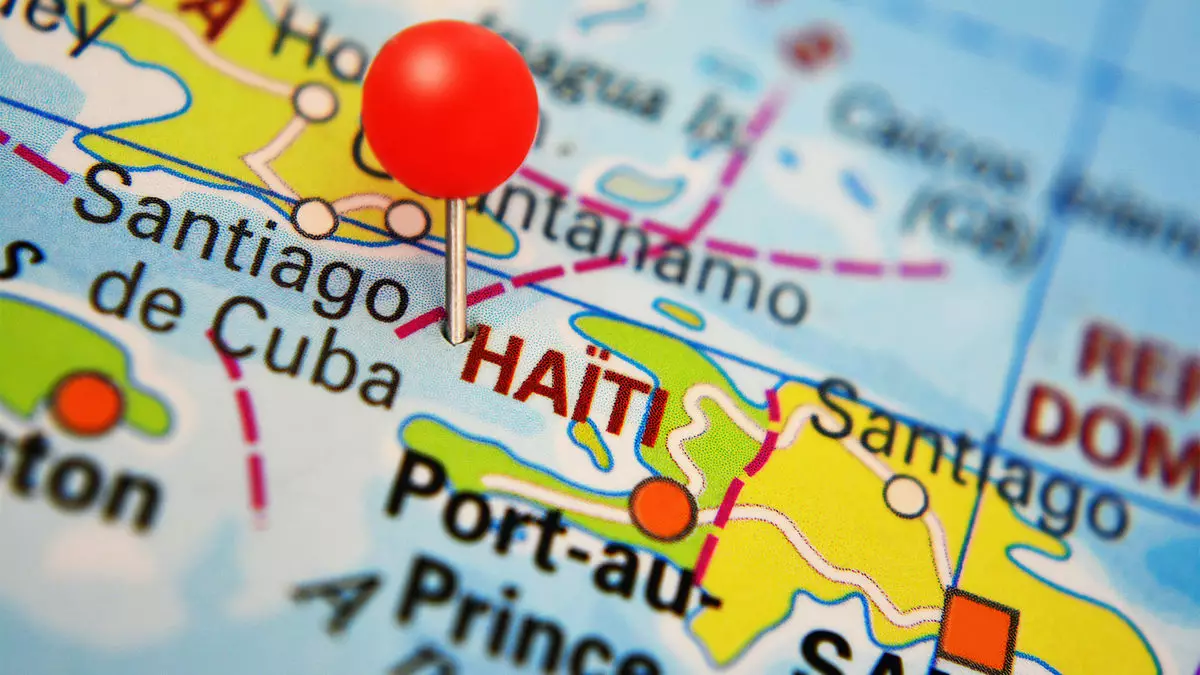Recent events in Haiti have escalated into a concerning issue for air travel safety. Following a distressing incident where Spirit and JetBlue aircraft were reportedly subjected to gunfire while landing in Port-au-Prince, the Federal Aviation Administration (FAA) swiftly took action by prohibiting U.S. airlines from flying to Haiti for a duration of 30 days. Additionally, operations in Haitian airspace below 10,000 feet have also been restricted. This decisive response underscores the gravity of the situation and emphasizes the FAA’s commitment to passenger safety.
Spirit, JetBlue, and American Airlines are the primary carriers servicing Haiti. In light of the recent violence, Spirit Airlines has chosen to indefinitely suspend its routes from Fort Lauderdale to both Port-au-Prince and Cap-Haitien while they reevaluate the safety of these flights. This caution is certainly warranted given that on November 11, a Spirit flight was forced to divert to the Dominican Republic after coming under fire while preparing for landing. Although no passengers were injured, a flight attendant did sustain minor injuries, highlighting the perilous nature of the incident.
On the same day, JetBlue operated a flight from Port-au-Prince to New York’s JFK Airport without any immediate indication of trouble. However, a post-flight inspection uncovered a bullet hole in the aircraft, raising alarms about the true extent of the risks faced by these airlines. JetBlue has since announced that they are engaged in an active investigation in coordination with relevant authorities to assess the situation further.
The backdrop to these alarming events is Haiti’s deteriorating security situation, with widespread lawlessness and rampant gang violence erupting since the assassination of President Jovenel Moise in 2021. The country is fraught with instability, and the incidents involving gunfire targeting commercial flights are a stark reminder of the dangers that exist not just for locals but also for international travelers. The timing of these events is particularly poignant, coinciding with the appointment of a new prime minister, Alix Didier Fils-Aimé, which indicates a continued struggle for control and governance within the nation.
The FAA’s ban on U.S. flights to Haiti underscores a sobering reality about air travel in regions plagued by violence. The incidents involving Spirit and JetBlue highlight the potential risks faced by airlines and their passengers when operating in unstable environments. As the situation in Haiti evolves, both the airlines and governmental agencies must remain vigilant, ready to adapt to unforeseen circumstances. Travelers looking to fly into Haiti should remain informed and cautious, as airlines reevaluate their operations in response to ongoing threats and safety concerns. Only by addressing these multifaceted issues can a safe travel environment be fostered for all.


Leave a Reply